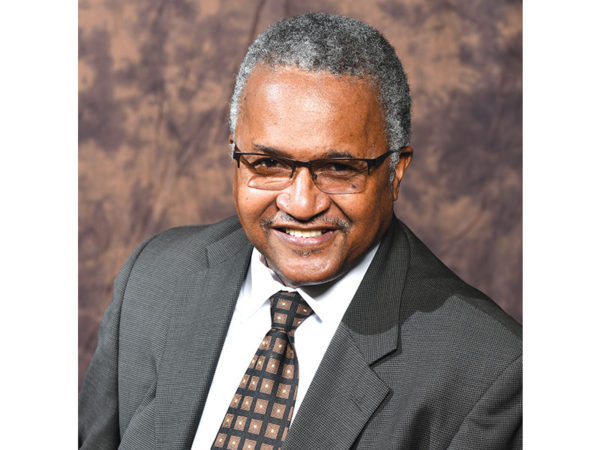As Black History Month continues, today’s Black leaders would do well to study the strategies, problems, and actions of past leaders to develop a meaningful strategy for the future.
Many of those who led the “movement” for social justice in our community are deceased. The great names such as B.D. Robinson, Henry Carroll, Alfred Blakes, John Russell, P. Rayfield Brown, III, A.G. Facen, and lawyers such as Paul Henry Kidd, Sr., and James Sharp are all part of our history.
As the years pass, only a small handful of the old warriors are still alive, and even fewer remain on the leadership scene.
While they are still here, we should listen to them. If we have a chance to serve with legends, we should watch them, listen carefully, and always acknowledge their wisdom.
As we study Black History locally, we should watch how the young people of the past worked with the elders to achieve the same purpose. We should watch how the lone wolf, Rev. S.L. Pierce, was embraced by the young firebrands John Reddix and James Sharp and how they combined youth and wisdom to conduct a winning fight.
It’s a lesson we should learn.
Today, we see too many organizations working in silos, sometimes even competing for resources, power, or recognition as the new HNICs.
Is that why we have two Black Chambers of Commerce in the same city? Is that why the SEDD is functionally impotent?
Is that why Blacks have the majority of the votes in Monroe but can’t elect a Black mayor?
We can celebrate Black History this month, or we could study it and learn some useful lessons as we ask some hard questions. It may well be that we have forgotten the lesson that real change requires a symphony of approaches.
Our contemporary leaders must ask themselves: Are we truly following in these footsteps of our historical champions? Are we willing to face the cross-burnings and death threats that our predecessors endured? Are we ready to sacrifice our comfort, our safety, and our very livelihoods for the cause of justice?
The activists of Ouachita Parish didn’t have the luxury of social media campaigns and symbolic gestures. They put their bodies, their careers, and their lives on the line.
The challenge before today’s Black leadership is clear: We must recapture this spirit of unified, focused, and sacrificial activism. Legal advocacy must join hands with street-level organizing. We must learn from the mistakes of the past. Established leaders must mentor and empower young activists rather than viewing them as threats. Most importantly, we must embrace the brain trust of the living legends among us and be willing to pay the price that real change demands as they have.
The victories won in Ouachita Parish—school integration, workplace desegregation, voting rights—came through the combined efforts of courtroom advocacy and street-level confrontation. Today’s injustices – whether in policing, education, or economic opportunity – require no less commitment, no less cooperation, and no less courage.
The blueprint is there in our history. The question is whether we have the wisdom to follow it and the courage to pay its price.
We can push the old warriors aside, belittle their contributions, wait to say great things about them at their funerals, or we can squeeze every bit of knowledge, wisdom, and insight from them while they are with us.


